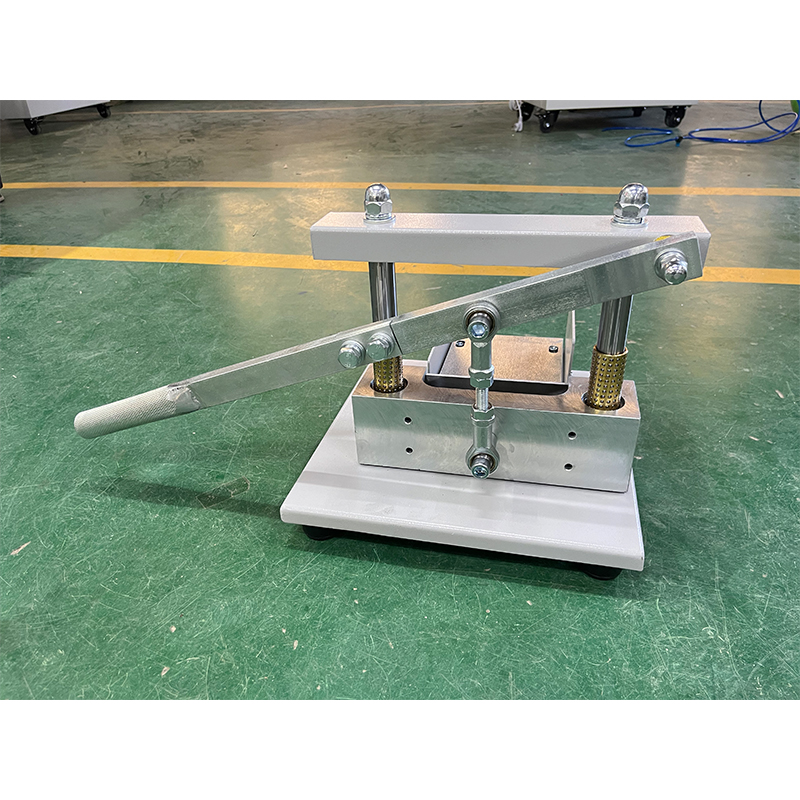conductor resistance tester suppliers
Understanding Conductor Resistance Tester Suppliers
In the world of electrical engineering, the measurement of resistance in conductors is a vital task. This is where conductor resistance testers come into play. These instruments are essential for ensuring that electrical connections are safe, reliable, and efficient. As demand for these devices continues to rise, choosing the right supplier of conductor resistance testers becomes crucial for professionals in the field.
What is a Conductor Resistance Tester?
A conductor resistance tester is a specialized device used to measure the electrical resistance of conductors, such as cables, wires, and terminals. These testers apply a known current to the conductor and measure the voltage drop across it, calculating the resistance using Ohm's Law (R = V/I). Accurate measurements are critical because high resistance can indicate problems such as corrosion, poor connections, or inadequate conductor size, all of which can lead to energy losses and safety issues.
The Importance of Quality Suppliers
When looking for a conductor resistance tester, the quality and reliability of the supplier play a crucial role
. High-quality testers not only provide accurate and consistent readings but also come with necessary features and warranties that ensure longevity and performance. Leading suppliers typically offer products that are calibrated to meet international standards and are built to withstand demanding environments.Factors to Consider When Choosing a Supplier
conductor resistance tester suppliers

1. Reputation and Experience Selecting a supplier with a solid reputation and years of industry experience can save you from potential issues down the line. Suppliers with extensive knowledge are likely to have a deeper understanding of customer needs and product performance.
2. Product Range Good suppliers will offer a diverse range of conductor resistance testers to meet different applications. Whether you need portable testers for field use or more advanced systems for laboratory settings, an extensive product range is a marker of a quality supplier.
3. Technical Support and Service A reliable supplier should provide excellent customer service and technical support. This includes assistance with the setup of testing equipment, troubleshooting, and guidance on best practices. Having access to knowledgeable support staff can be invaluable for users.
4. Calibration and Certification Check if the supplier offers calibration services and provides certification for their devices. Regular calibration ensures that the testers maintain accuracy over time and comply with industry standards.
5. User Reviews and Testimonials Prior to making a purchase, looking into user reviews and testimonials can provide insight into the experiences of other customers. Positive feedback can indicate a reliable product and customer satisfaction.
Conclusion
In conclusion, selecting the right conductor resistance tester supplier is a critical decision for electrical professionals. The right supplier not only provides high-quality testing equipment but also ensures ongoing support and service. By considering factors such as reputation, product range, technical support, and calibration services, you can make an informed choice. As the industry continues to evolve, having access to reliable testing tools is essential for maintaining safety and efficiency in electrical installations.
-
Why the Conductor Resistance Constant Temperature Measurement Machine Redefines Precision
NewsJun.20,2025
-
Reliable Testing Starts Here: Why the High Insulation Resistance Measuring Instrument Is a Must-Have
NewsJun.20,2025
-
Flexible Cable Flexing Test Equipment: The Precision Standard for Cable Durability and Performance Testing
NewsJun.20,2025
-
Digital Measurement Projector: Precision Visualization for Modern Manufacturing
NewsJun.20,2025
-
Computer Control Electronic Tensile Tester: Precision and Power for the Modern Metal Industry
NewsJun.20,2025
-
Cable Spark Tester: Your Ultimate Insulation Assurance for Wire and Cable Testing
NewsJun.20,2025
 Copyright © 2025 Hebei Fangyuan Instrument & Equipment Co.,Ltd. All Rights Reserved. Sitemap | Privacy Policy
Copyright © 2025 Hebei Fangyuan Instrument & Equipment Co.,Ltd. All Rights Reserved. Sitemap | Privacy Policy
